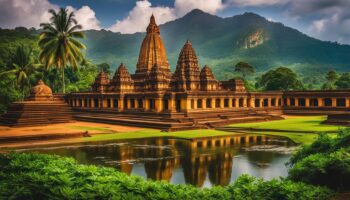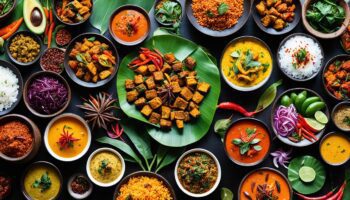10 tips before travelling to Sri Lanka, risks you should know
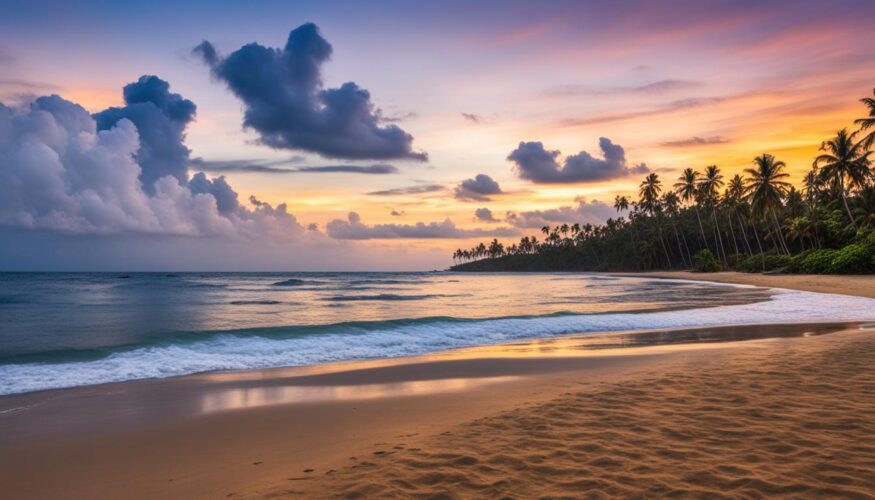
Sri Lanka is a beautiful island with a rich history and culture. It is a popular destination for tourists from all over the world looking for a relaxing beach holiday, exploring history and culture or an outdoor adventure.
However, before travelling to Sri Lanka, it is important to understand that the island has some risks that need to be taken into consideration. In this article, I give you 10 tips on how to prepare for your trip and how to avoid the most common problems and risks.
In the first part of the article we will focus on practical tips and advice to help you travel safely. In the next parts of the article, we’ll look at important tips you need to know before travelling to Sri Lanka.
Safety: Travel Advice and Tips
It’s a good idea to be concerned about safety when travelling to Sri Lanka. Safety always comes first and it is important to have information and tips to help you be prepared and protected during your stay.
The security situation in Sri Lanka is generally calm, but as in any country there can be some risks. While most travelers do not experience any problems, it is important to familiarize yourself with basic safety precautions and adhere to local laws and culture.
You will be interested to know how to protect yourself from crime and fraud. I will advise you on ways to reduce this risk so that you do not fall victim to these dangers.
As we all know, not only in Sri Lanka but also in other destinations, it is always good to be cautious and keep in mind a few basic rules.
Important information and tips for safe travel to Sri Lanka:
- Keep your valuables and personal belongings close to you and do not display them unnecessarily.
- Be mindful of your personal safety and avoid remote areas with a high risk of crime.
- Be cautious when using public transport, taxi services and during night trips.
- Also find out about health care and emergency contacts.
- Research and choose accommodation that is safe and reputable.
- Be aware of the potential risk of natural disasters and be prepared to evacuate if necessary.
- Make sure you have adequate travel insurance in case of loss or illness.
There are also local laws that are important to follow. Be aware of local customs and respect local culture and religion. By following these guidelines, you will maintain a good relationship with the locals and feel safer.
Visa: How to get one and everything you need to know
Planning a trip to Sri Lanka also requires proper organization regarding visa requirements. Before you embark on your holiday, it is important to get the right visa to ensure that your travel goes smoothly and without a hitch.
There are several types of visas available in Sri Lanka, including tourist, work and student visas. Each type of visa has its own requirements and procedures for obtaining it. Therefore, read all instructions and information thoroughly before applying for a visa to Sri Lanka.
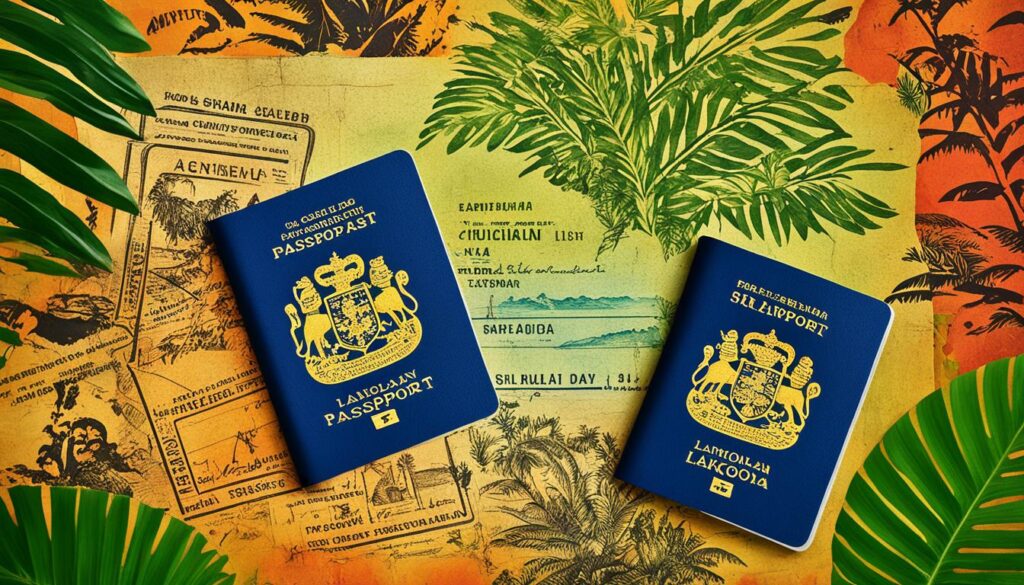
The procedure for applying for a visa to Sri Lanka is usually done online. You need to provide all the required documents and meet the conditions. You will also find out the processing time for your application and the validity of your visa. It is also important to keep in mind that there is usually a fee associated with applying for a visa in Sri Lanka, which must be paid before submitting your application.
Also remember the security precautions for travelling with a visa. Avoid losing your passport or visa and keep them in a safe place. Keep in mind that tourists in Sri Lanka have certain obligations to follow regarding their visa, such as adhering to the conditions of stay, renewing the visa properly, or storing the necessary information in case of an inspection.
When planning your travel to Sri Lanka, it is important to research this process carefully and find out your tourist obligations to avoid any inconveniences and enjoy your trip to the fullest! Although visas can be a bit complicated, with enough advance notice and accurate planning, you can get a visa to Sri Lanka and have an amazing vacation full of adventure.
Vaccinations: What’s important to know and how to protect yourself
One of the key factors for safe travel to Sri Lanka is a properly administered vaccination. These days, preventing disease is essential and can save you a lot of inconvenience. Before you go, it is important to inform yourself about the current vaccination recommendations and requirements for entering Sri Lanka.
Sri Lanka requires certain mandatory vaccinations that are necessary for entry. The most common vaccinations are Hepatitis A and B, tetanus, hepatitis, polio and typhoid. It is important to get your vaccinations well in advance of your departure so that you have sufficient immunity from the potential risks in Sri Lanka.
In addition to the mandatory vaccinations, there are also a number of recommended vaccinations and immunizations that you should consider when planning your trip to Sri Lanka. These include vaccinations against hepatitis, encephalitis, hepatitis A and B, smallpox, influenza and rabies. It is advisable to consult a travel medicine specialist who can help you develop an individual vaccination plan.
When travelling to Sri Lanka, it is also important to be informed about local diseases and risks associated with travel. These include malaria, dengue, hepatitis, chikungunya and leptospirosis. It is advisable to take precautions such as wearing repellents, wearing long sleeves and trousers and avoiding areas with a higher incidence of insects.
In Sri Lanka, it is also important to ensure adequate health care and to have information about medical facilities and contacts for local doctors. In case of health problems, it is possible to contact local medical centres that provide professional medical care.
To protect yourself from infectious diseases, it is important to observe good hygiene. Always wash your hands thoroughly with soap and water or use disinfectant gels. Take care with drinking water and drink only bottled water to avoid the risk of infections from poor quality water.
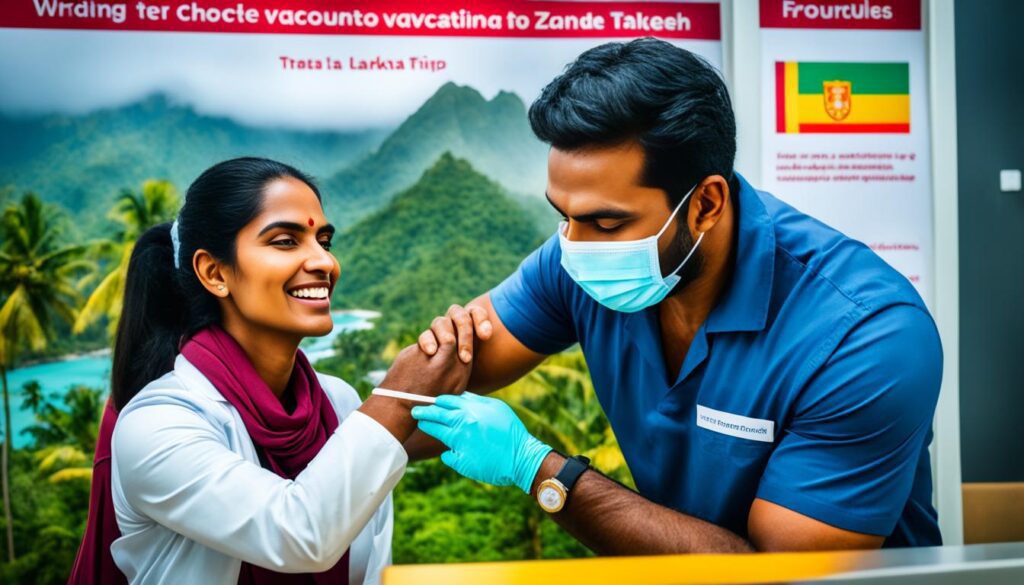
Culture: what is important to know and how to behave?
There is a lot of interesting things happening in Sri Lanka, but we don’t always understand it. Respecting local customs is important for mutual tolerance and understanding. Here are some tips on how to behave.
1. Important information about Sri Lankan culture, traditions and customs
Sri Lanka is rich in unique culture and traditions. The locals are proud of their heritage and stand by their customs. It is important to show respect for their culture by trying to understand and follow local traditions.
2. Etiquette and manners in Sri Lanka
It is advisable to show courtesy and friendliness when meeting local people. Appropriate dress and a proper greeting are the appropriate way to welcome. Local people will appreciate it if we try to greet them in their mother tongue, Sri Lankan.
3. Respecting local customs and religious traditions
Sri Lanka is known for its rich religious life. The main religion is Buddhism, but you will also find Hinduism, Islam and Christianity. Those entering temples and sacred places should take care to dress and behave appropriately. Respect for local customs and religious traditions is important for travellers.
4. Principles of dress and appropriate behaviour in public areas, temples and sacred places
It is important to dress appropriately according to local customs. Show your decency and respect for the local culture by dressing modestly. Cover your shoulders and legs, especially when visiting temples and sacred places. Avoid dressing in a provocative manner.
5. Important festivals and celebrations in Sri Lanka
Sri Lanka is known for its rich festivals and celebrations. Some of the most famous festivals include the Sinhala and Tamil New Year, Vesak (celebrating the birth and enlightenment of Buddha) and Esala Perahera (the festival of the Big Tooth). If you visit Sri Lanka during these festivals, you can look forward to colourful celebrations and unique cultural events.
6. Local language and some basic phrases for communication
Although many people in Sri Lanka speak English, the locals will appreciate it if you try to speak their language, Sri Lankan. Here are a few phrases that can help you interact with the locals:
“Good morning” – “Ayubowan”
“Thank you” – “Istuthi”
“Yes” – “Owa”
“No” – “Nahe”
The locals will appreciate your efforts and will be happy if you try to speak their language.
7. Recommendations and tips for travellers on interacting with locals
Interacting with locals can be an experience in itself. The locals are generally very friendly and smiley. If you want to make contact with locals, it is best to smile at them, learn and use basic Sri Lankan phrases and show interest in their culture.
8. Culinary Traditions and Food in Sri Lanka
You can’t fully appreciate the cultural experience of Sri Lanka without trying the local cuisine. Sri Lankan cuisine is a combination of spices, fresh ingredients and unique cooking methods. Don’t forget to try traditional dishes such as curries, dosa and all kinds of delicious desserts. Try dishes from street stalls, but don’t forget to seek out quality restaurants serving traditional Sri Lankan cuisine.
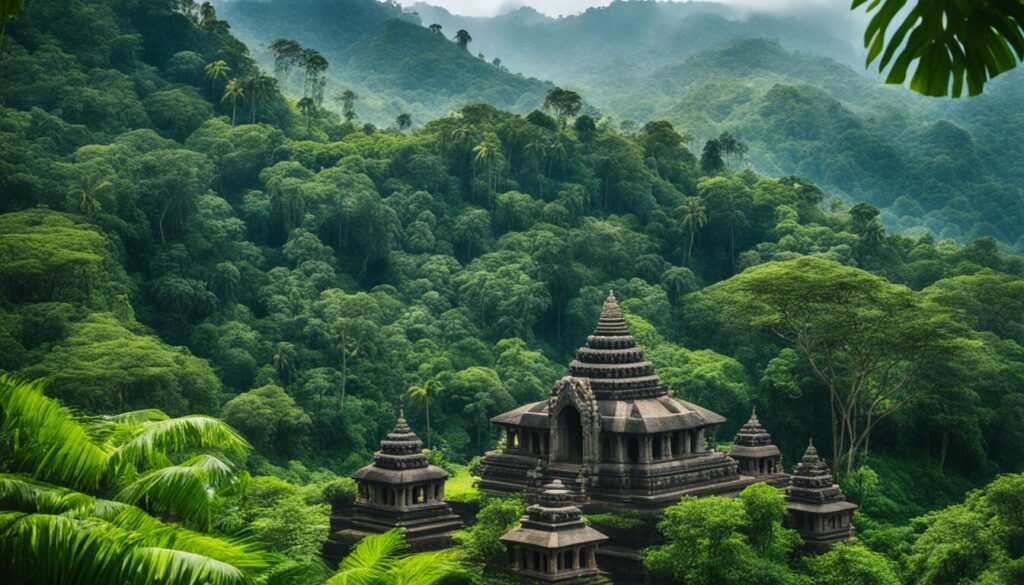
Weather: what to expect and how to prepare
Sri Lanka experiences different climatic seasons throughout the year, which affect the weather and temperatures. Seasonal differences are essential when planning your trip. It is important to be well prepared and have appropriate clothing for the different conditions.
There are two main monsoon seasons during the year in Sri Lanka, which bring rainfall and can affect your travel. The first monsoon season lasts from May to July and affects the western and southwestern parts of the island. The second monsoon season runs from October to December and affects the eastern part of the island. During the monsoon season, rainfall can be heavy and intense.
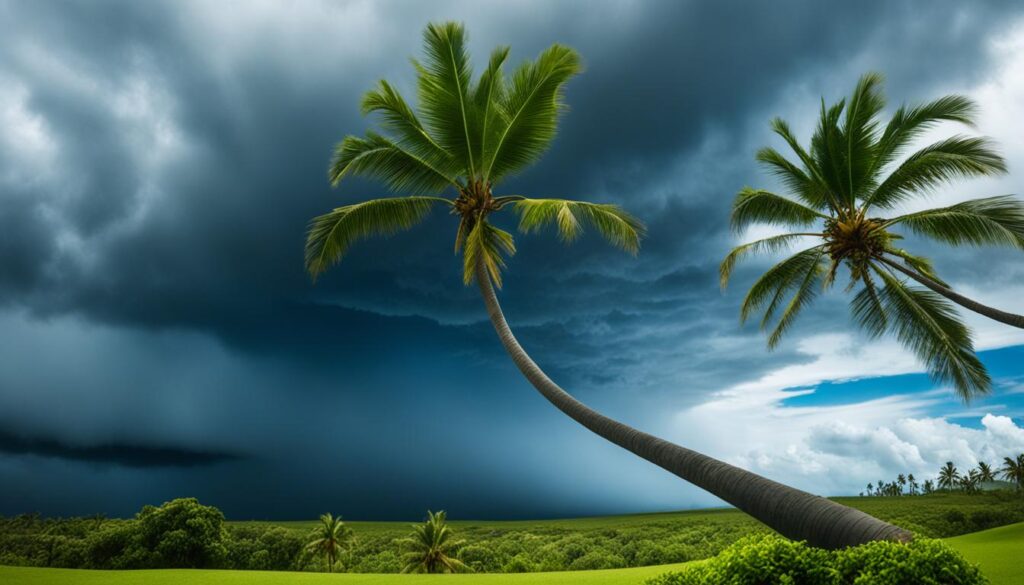
Temperatures in Sri Lanka range between 25-30°C throughout the year, but temperatures can be cooler in the mountains. It can even get chilly in higher altitude areas, so it’s a good idea to pack warmer clothes in your backpack.
When planning a trip to Sri Lanka, it’s a good idea to keep an eye on current weather forecasts and information on natural disasters such as tsunamis, earthquakes and floods. Safety precautions are important to protect your life and property.
You can use available sources of information such as local meteorological offices or websites or apps with weather forecasts for Sri Lanka for current weather information and forecasts.
Hygiene and drinking water: What’s important to know and how to protect yourself
It is important to ensure good hygiene and health when travelling to Sri Lanka. Here you will find useful information and tips on how to avoid health risks and ensure safe drinking water during your stay in Sri Lanka.
When it comes to drinking water in Sri Lanka, it is recommended to drink only bottled water or water from closed and properly purified sources. Always make sure the bottle is intact and do not use ice cubes or drink drinks with ice, which can be made from unsafe water.
Here are a few important hygiene rules and recommendations:
- Wash your hands thoroughly with soap and warm water before eating.
- Use sanitizers to disinfect your hands if hand washing is not an option.
- If your trip is far from drinking water sources, always have clean drinking water with you.
- Make sure that food and drink in restaurants are clean and use well-washed dishes.
- Only eat fresh vegetables and fruits that have been thoroughly washed or peeled.
Further, care must be taken to prevent intestinal diseases and life-threatening illnesses in Sri Lanka. This includes following hygiene practices such as regular hand washing and avoiding unsafe food and drink.
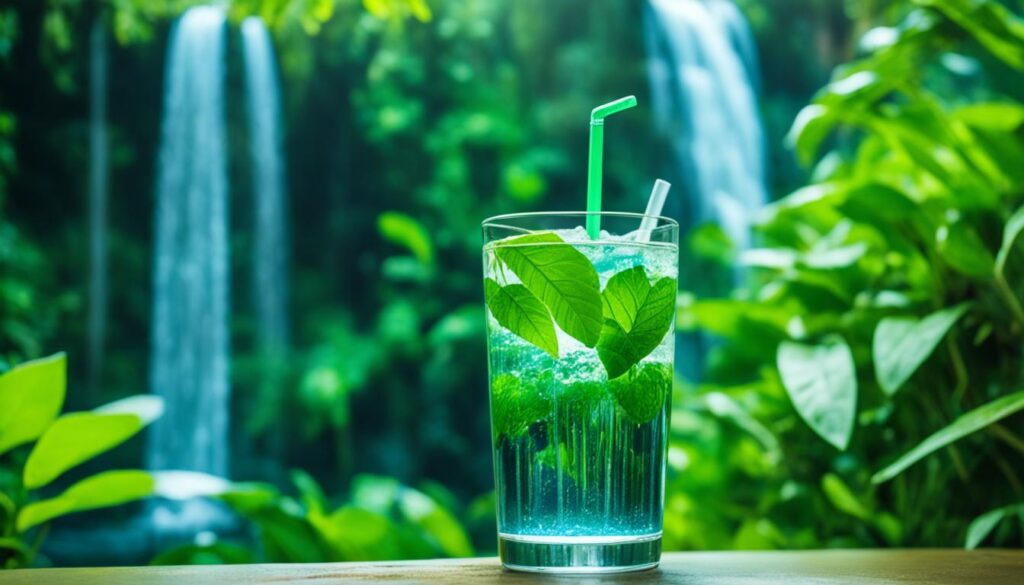
If you experience health problems while in Sri Lanka, it is important to know how to get the medical care you need. Keep important phone numbers and emergency contacts with you. In some cases, it may also be advisable to carry travel insurance to provide financial protection and assistance with medical care.
Remember that following hygiene guidelines and drinking clean water are key to staying healthy during your time in Sri Lanka.
Transportation: How to get around and what you need to know
When travelling in Sri Lanka, transportation is an important part of the plan. There are various transportation options available to enable you to move around the island easily and comfortably.
Public transport is one of the main options. Buses, trains and taxis are commonly available to carry passengers. Buses are the most widely used mode of transportation between cities and tourist attractions. They run commonly and are relatively affordable for travel throughout the island.
For a local transport experience, you should not miss tuk tuk in Sri Lanka. This is a traditional means of transport that is characteristic of the island. A tuk tuk is a small three-wheeled vehicle that is suitable for shorter routes in cities. Travelling by tuk tuk is an interesting way of discovering the local culture and environment.
You can also consider renting a car when travelling around Sri Lanka. Having your own car allows you more flexibility and the ability to travel to remote areas. However, remember to follow the rules of the road and follow road signs when driving in Sri Lanka.
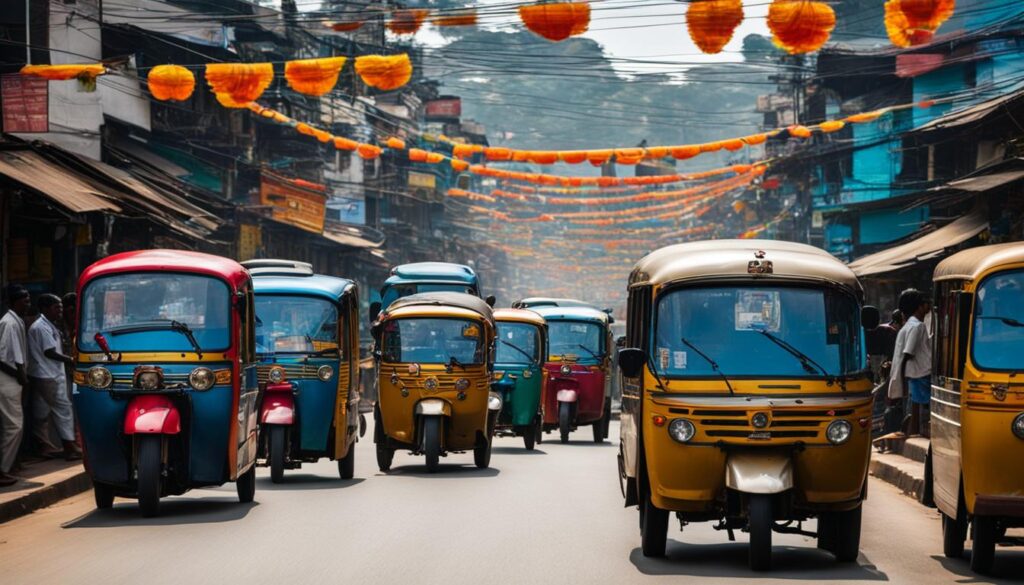
When travelling in mountainous areas and on the coast, it is important to keep in mind the specifics of the terrain and traffic. Inform yourself in advance about transport routes, conditions and safety precautions. Also be aware of possible delays and unexpected traffic incidents due to natural disasters or seasonal influences.
Local cuisine: What to Expect and What to Taste
Sri Lankan cuisine combines exotic aromas, spicy spices and rich flavours. Sri Lanka’s dishes reflect the local traditions, history and diversity of cultures that exist on the island. Traditional Sri Lankan dishes are full of natural ingredients and offer a diverse range of flavours. They are prepared with fresh seafood, spices, herbs, tropical fruits and vegetables.
Typical Sri Lankan dishes use rice as the main ingredient and are usually served with a variety of sauces, condiments and salads. The most famous Sri Lankan dishes include:
- Kottu roti – a dish of sliced roti bread mixed with sauces, meat and vegetables
- Pol sambol – a spicy coconut sauce with chilli, lemon juice and grated coconut crumb
- Hoppers – pancakes made with rice flour and coconut milk, often served with egg or gravy
- Curry – a natural dish made with spices, meat (usually chicken or fish) and various vegetables
- Rizotto – Sri Lankan risotto is usually full of exotic fruits, seafood and spices
Tasting Sri Lankan culinary delights is an important part of travelling in Sri Lanka. Visit local restaurants and eateries to enjoy an authentic taste of Sri Lankan cuisine. Food safety is also important, do as the locals do and avoid unhygienic conditions.
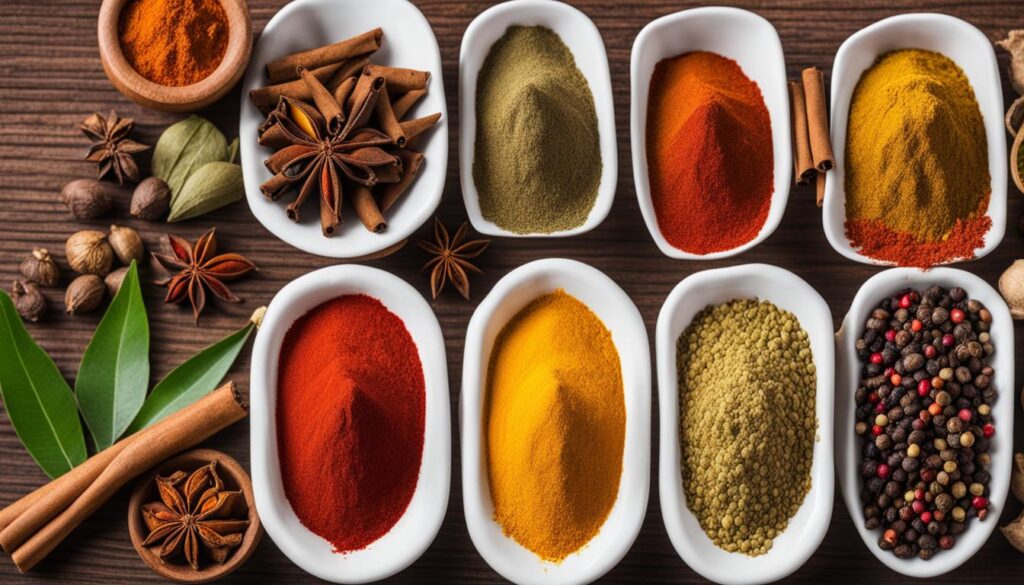
Many restaurants in Sri Lanka offer Sri Lankan cuisine. From simple and inexpensive international food stalls to upmarket restaurants serving traditional Sri Lankan food, the menu is varied. Prices can vary depending on the location and type of eating establishment.
Prices: How to save money
When planning a trip to Sri Lanka, it is important to consider the budget you have. Information on currency and exchange rates in Sri Lanka is key to planning your spending properly. The current exchange rate for the Sri Lankan Rupee (LKR) changes frequently, so it is advisable to keep an eye on the exchange rate and currency exchange fees.
When it comes to payments, both cash and credit cards can be used in Sri Lanka. However, it is important to remember that not all places, especially outside of the tourist areas, accept credit cards, so it is advisable to always have plenty of cash on you.
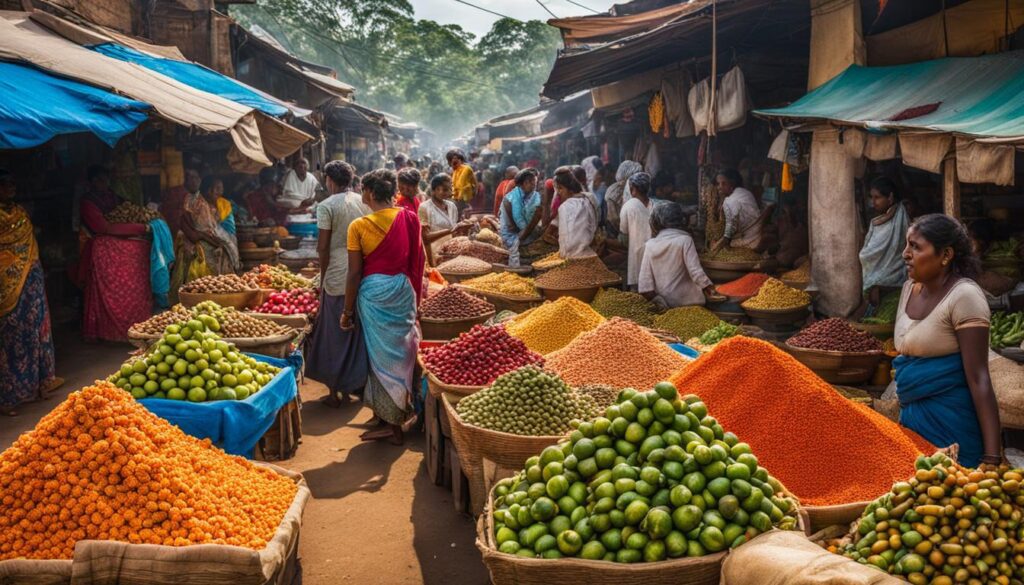
In relation to prices, it is also important to consider the price level of accommodation, meals, transport and entrance to sights. Prices are usually higher in tourist areas than outside. To save money, it is advisable to negotiate prices, especially at market places and when arranging transport, or choose less touristy areas where prices are often lower.
When travelling in Sri Lanka it is also important to be aware of fees and tipping, which are common. Be sure to include these costs in your budget when planning your trip.
I hope this information will allow you to better prepare and use your budget as efficiently as possible.
Wildlife: what to see and how to protect yourself
Going to Sri Lanka means discovering the breathtaking natural beauty. This island country is home to unique flora and fauna that are worth seeing. The best way to get close to Sri Lankan nature is to visit the national parks and protected areas, of which there are many throughout the island.
One of the most famous national parks in Sri Lanka is Yala, which is home to elephants, leopards and many other species of animals. Another interesting park is Sinharaja, which is a UNESCO World Heritage Site and is a haven for many endemic species.
When encountering wildlife, it is essential to follow safety guidelines and respect their environment. Entry into protected reserves is only possible with a guide who will ensure that visitors do not harm either the wildlife or the animals.
If you are fascinated by nature in Sri Lanka, you can also visit ecotourism projects that seek to protect and preserve the island’s natural wealth. These projects create sustainable tourism while contributing to the conservation of nature reserves.
I wish you a happy trip to Sri Lanka!
FAQ
What are the tips and hints for travellers regarding personal safety and protection from crime in Sri Lanka
It is advisable to travel in a group or with a guide, avoid dangerous areas and always have contacts with local authorities and emergency services.
How can I prepare for natural disasters while traveling to Sri Lanka?
It is important to keep up-to-date on possible natural disasters, have an emergency plan in place and follow the instructions of local authorities in the event of an evacuation.
What are the guidelines for safe travel and protection of personal property in Sri Lanka?
It is recommended to use the safe in the hotel room for valuable items, keep an eye on your personal belongings at all times in crowded places and avoid travelling alone at night.
What is the visa information for Sri Lanka?
Most tourists must have a valid tourist visa before entering Sri Lanka. There are also work visas and student visas with different requirements.
How to apply for a visa to Sri Lanka?
Applying for a visa to Sri Lanka is most often done online. Certain conditions need to be met and the necessary documents need to be attached.
How long does it take to process a visa application for Sri Lanka and how long is the visa valid?
The processing time for a visa application to Sri Lanka varies but usually takes a few working days. Tourist visas are usually valid for 30 days.
What is important information about vaccinations before travelling to Sri Lanka?
It is important to have valid vaccinations required to enter Sri Lanka, including yellow fever and hepatitis A and B vaccinations. It is advisable to consult a travel medicine specialist or your doctor.
What are the precautions and protection against infectious diseases in Sri Lanka?
To protect against infectious diseases, it is important to follow hygiene rules such as regular hand washing and use of sanitary products. It is also important to drink only safe drinking water and follow hygienic practices when eating.
How to get around Sri Lanka and what are the safety tips for using public transport
Public transport is available in Sri Lanka including buses, trains and taxis. It is advisable to choose trustworthy means of transport and be careful when using public transport at night. Tuk tuk is also a popular mode of transport but it is important to choose a licensed driver.
What should I know about Sri Lankan cuisine and typical dishes?
Sri Lankan cuisine is renowned for its variety and savoury flavours. Traditional dishes include curries, roti and dal. It is recommended to sample local specialties, but be wary of food from unknown sources.
What are the prices in Sri Lanka and how can I save money?
Prices for accommodation, food, transport and entrance to sights vary depending on location. It is advisable to negotiate prices, choose less touristy areas and save money on food and accommodation.
How to protect yourself when encountering wildlife and in nature reserves in Sri Lanka
It is important to respect the animals and follow the instructions of local guides. Do not touch or molest the animals or feed them without permission.
